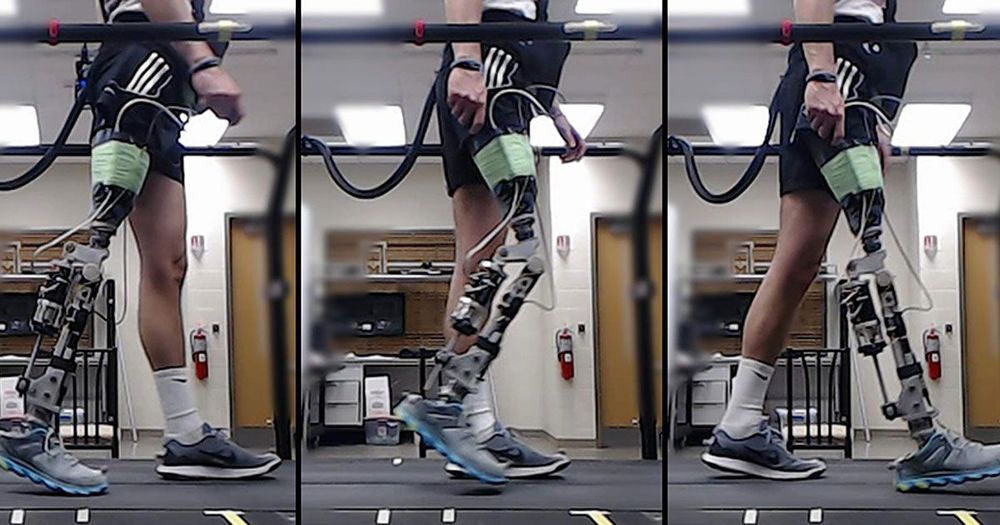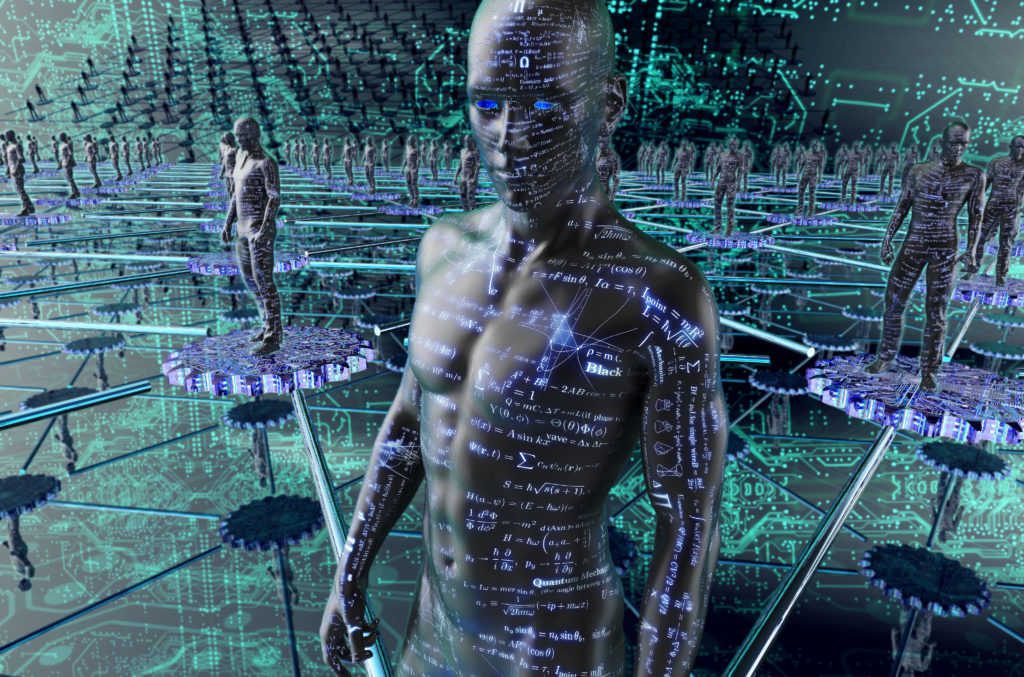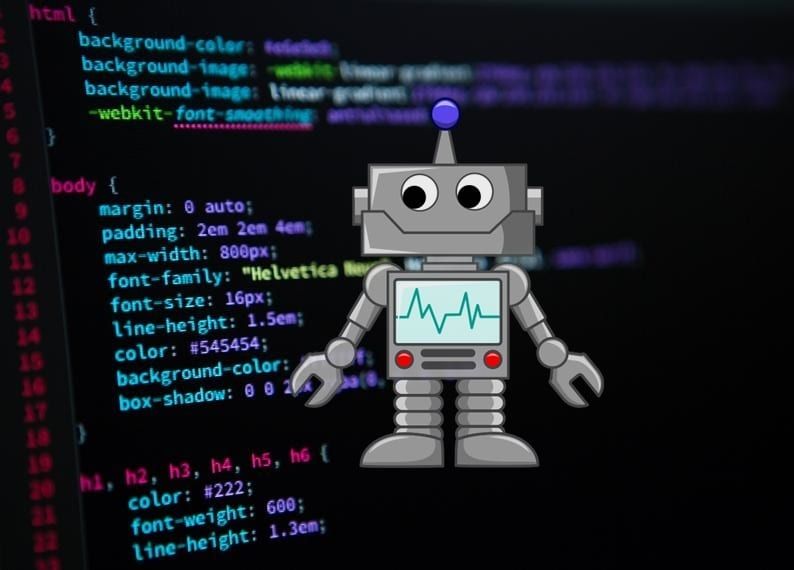#OpenAccess #FullArticle The results of a new clinical trial have shown the safety and efficacy of the interoperable Artificial Pancreas System smartphone app (iAPS), which can interface wirelessly with leading continuous glucose monitors (CGM), insulin pump devices, and decision-making algorithms. The clinical trial and the app, which runs on an unlocked smartphone, are described in an article published in Diabetes Technology & Therapeutics (DTT), a peer-reviewed journal from Mary Ann Liebert, Inc., publishers.
Diabetes Technology & TherapeuticsVol. 21, No. 1Original ArticlesFree AccessSunil Deshpande,…









